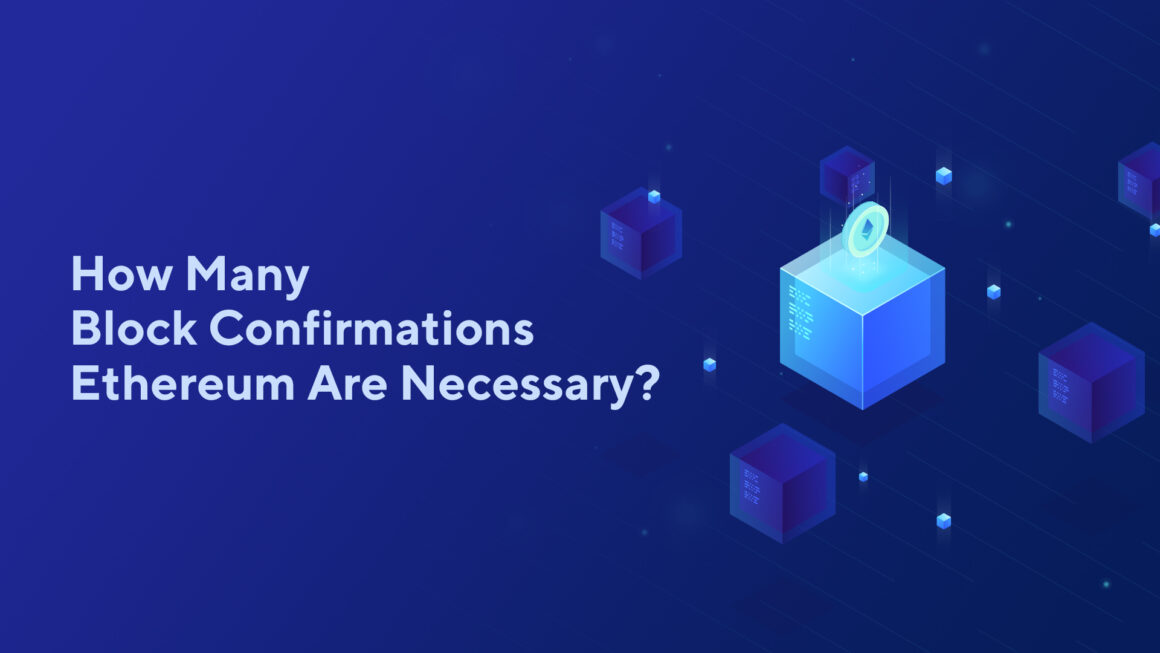Ethereum can be safely called a transaction state system. This is a kind of mechanism that receives input information, analyzes it, and is transformed into a new state on its basis. How many block confirmations Ethereum needs? Well, this issue raises many questions.
On the Ethereum Network, everything starts from the ‘initial’ or ‘zero’ state — when all the processes associated with transactions haven’t started to occur in the blockchain yet. Right when they start working, the initial state will change to the final one, which, in turn, displays the current state of Ethereum.
Sounds complicated? In fact, everything is much simpler. How many block confirmations for Ethereum are necessary? How do ETH transactions work? Today, we’ll try to find out!
How Many Block Confirmations for Ethereum?
How many block confirmations does Ethereum need? Well, let’s start from the very beginning for a better understanding.
Ethereum state = millions of transactions, collected in ‘blocks’. One such block contains a number of transactions at once and is connected to the previous one. To move from one state to the next, a transaction must be confirmed. In other words, it needs to go through a validation process, also known as mining. That’s why a lot of people wonder how many block confirmations needed for Ethereum.
The global ‘general state’ of Ethereum consists of millions of small objects — accounts. With their help, users are able to communicate with each other by sending messages. Each account has its state associated with it, as well as a personal address consisting of 20 bytes. An Ethereum address is a 160-bit identifier used to verify an account.
How Many Block Confirmations Ethereum Coinbase Pending?
How many block confirmations Ethereum Coinbase needs? Let’s try to find out! First of all, it’s necessary to note that Coinbase doesn’t make public information relating to the number of confirmations required to determine a valid deposit. However, it can’t be much though. Most deposits go through in a minute or two.
It’s necessary to mention the fact that in case with the GDAX platform 50 confirmations are required. While it’s impossible to give a clear answer to the question ‘How many block confirmations Ethereum Coinbase pending?’, we can assume that Coinbase ones are around there as well.
How Many Block Confirmations Does Ethereum Need?
Vitalik Buterin devoted a separate blog post relating to block generation times vs finality. This post contains graphs illustrating the number of confirmations (total time as well) necessary for a transaction to be secure depending on the average block times.
Vitalik Buterin says:
“…the 17-second blockchain will likely require ten confirmations (~three minutes) to achieve a [99.99% probability] of security.”
In view of the fact that Ethereum is in the range of 15-second average block generation times, the rule of thumb shows that it takes about 12 confirmations for finality.
What do you guys know about Ethereum how many block confirmations does it need? Feel free to share your knowledge in the comments!

Leave a Reply